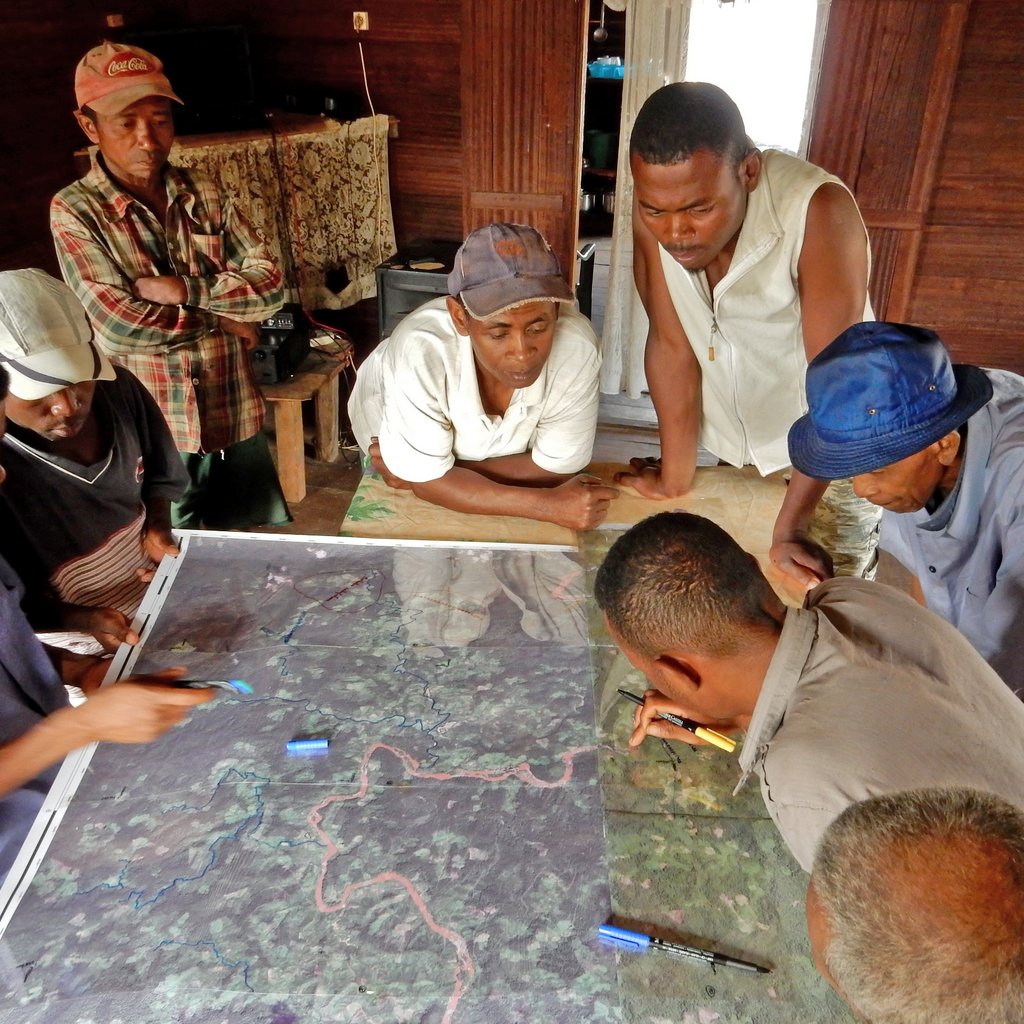News
News related to agricultural research for development with a link to Switzerland. To receive selected news in your inbox, subscribe to the SFIAR Newsletter.
News related to agricultural research for development with a link to Switzerland. To receive selected news in your inbox, subscribe to the SFIAR Newsletter.
Search for your specific results within 516 entries:
Currently shown: latest 5

